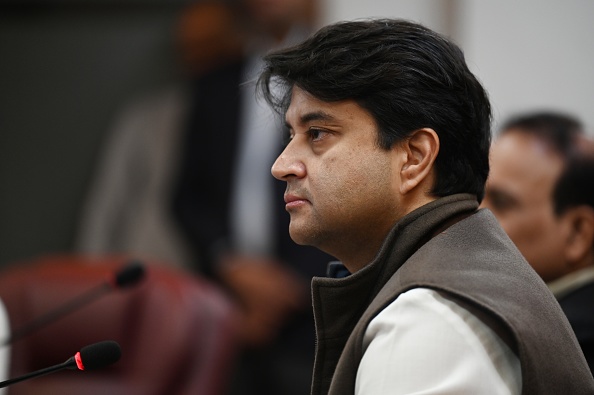The regulation of over-the-top (OTT) platforms falls under the jurisdiction of the Information and Broadcasting (I&B) Ministry, Union Minister for Communications Jyotiraditya Scindia said in an interview with ANI. Scindia also said that one of the six advisory groups he established had flagged concerns regarding OTT platforms, particularly from the perspective of Telecom Service Providers (TSPs).
Scindia said, “That is something that, to be very candid, comes under the domain of the Ministry of I&B. Having said that, I have six advisory groups that I have set up and this concept has come up as an issue that they would like to discuss from the point of view of the TSPs.”
The ongoing debate centers around the idea of OTT platforms sharing the costs incurred by TSPs in delivering content to consumers. TSPs argue that such cost-sharing arrangements could help finance necessary investments in expanding network infrastructure. On the other hand, critics warn that such measures may violate the principles of net neutrality, which mandates equal treatment of all internet traffic.
Net neutrality prohibits content providers from making payments to TSPs, arguing that introducing such payments could enable network operators to prioritize specific platforms, undermining the internet’s open and democratic nature. Critics stress that such practices could disproportionately benefit larger platforms and harm smaller players in the digital ecosystem.
Proponents of cost-sharing, however, point to the rapid evolution of the digital economy and telecom sector. From 2015 to 2023, India witnessed an exponential increase in mobile data consumption, with average usage per user rising from 0.09 GB to 17.36 GB per month. Despite this surge, network infrastructure has struggled to keep up. Emerging technologies like artificial intelligence, cloud computing, and the Internet of Things (IoT) are expected to further drive up data usage, increasing the demand for network upgrades.
Advocates for cost-sharing argue that the current net neutrality framework may no longer be adequate to address these evolving challenges. They propose a more nuanced approach that balances the interests of all stakeholders involved. For example, larger OTT platforms with significant revenue streams, such as subscription fees and advertising, could be required to contribute to network costs, while smaller or less profitable platforms might be exempt in order to foster innovation and competition.
Furthermore, any new framework would need to address potential contractual disputes between TSPs and OTT platforms, as well as safeguard against monopolistic practices that could harm smaller players in the market.
One proposed solution to these challenges is extending the Telecom Regulatory Authority of India’s (TRAI) interconnection regulations to OTT platforms. This would create clear rules for how OTTs and TSPs interact, ensuring transparency and fairness while preserving net neutrality principles related to quality of service.
(With ANI inputs)




















